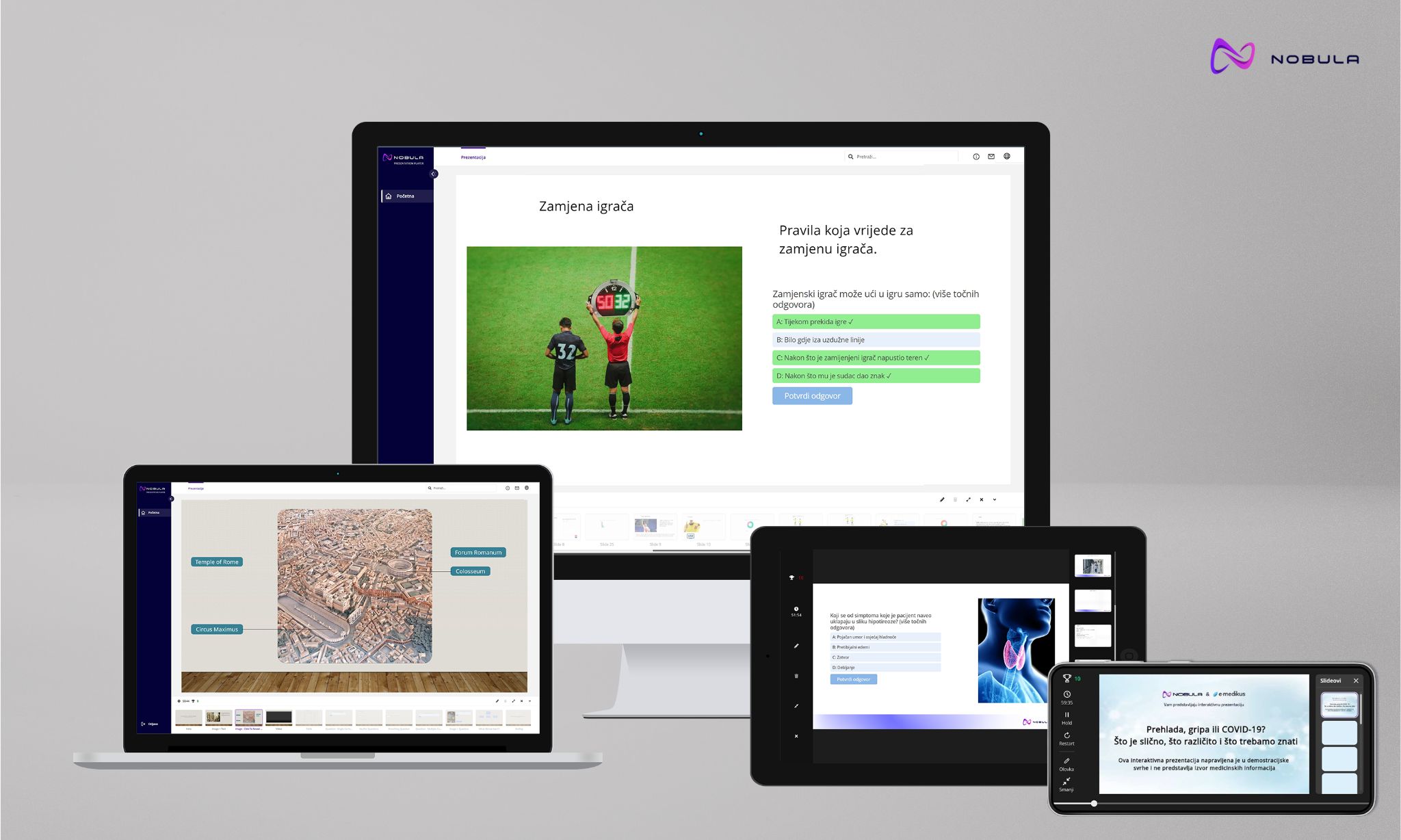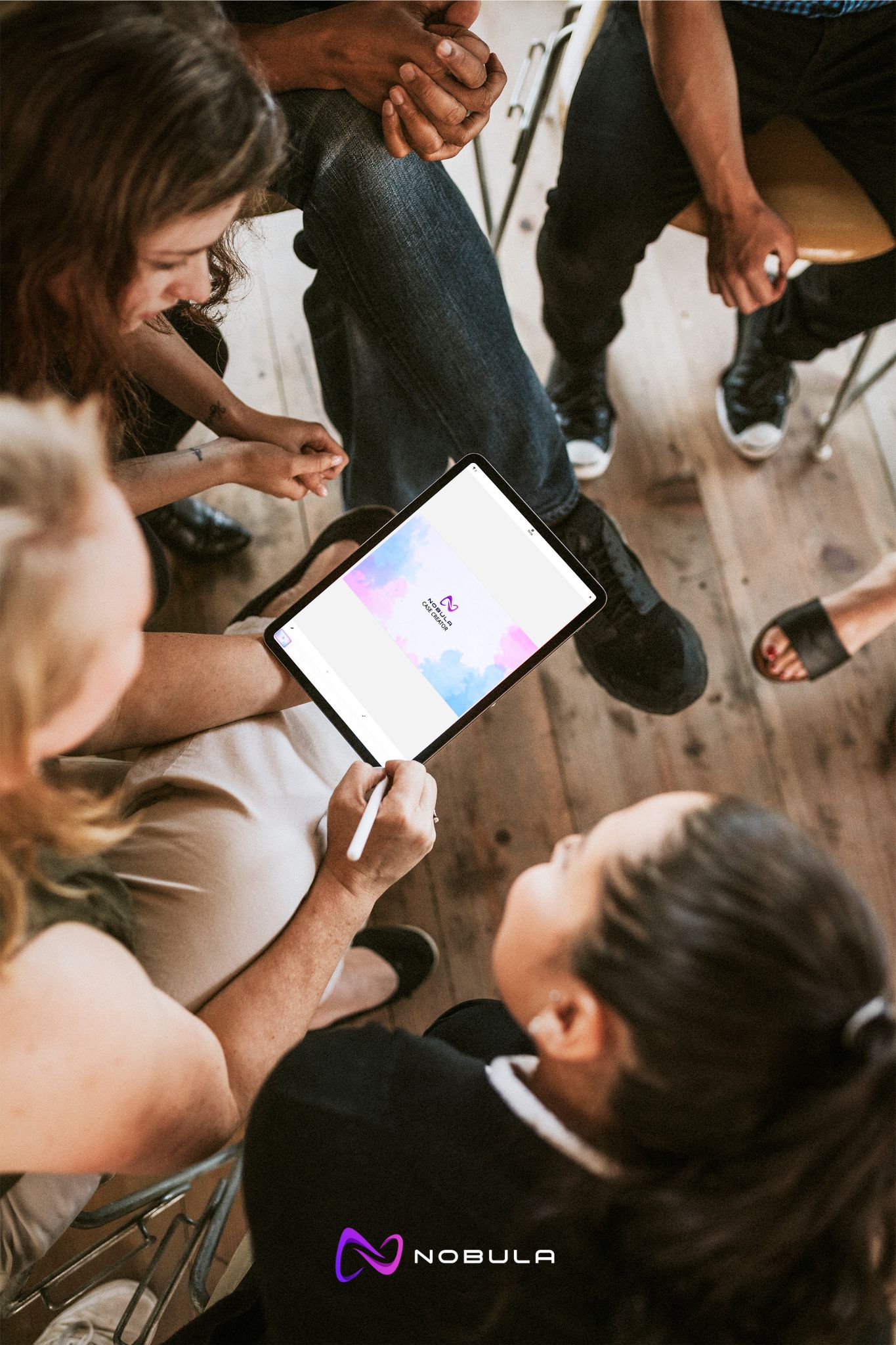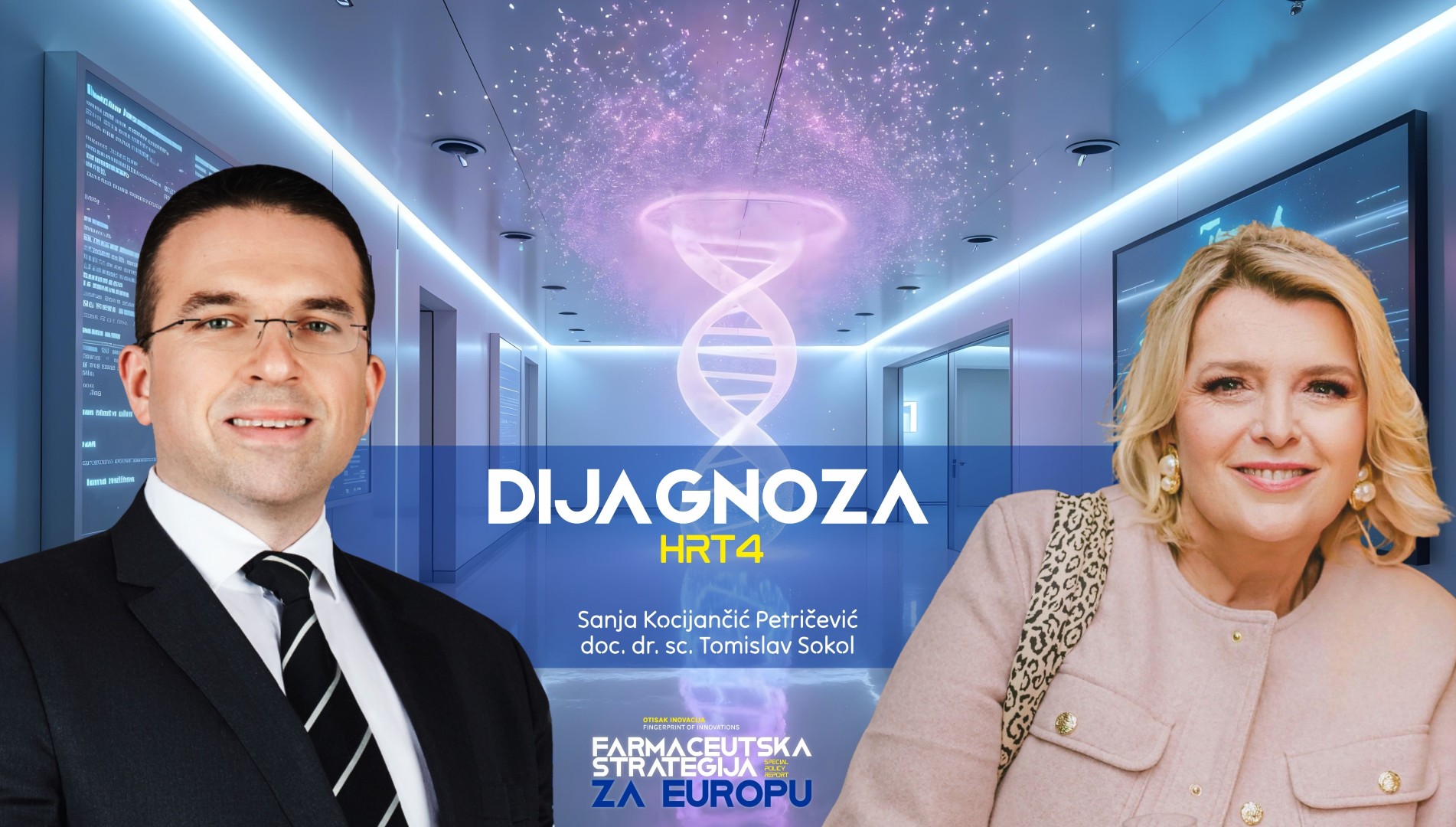Nobula Technologies – Digital policy simulation tool from Croatia is looking into the future of healthcare decision making!
hen discussing the green transformation of healthcare, online education plays a significant role. Thanks to this, global collaboration among experts is encouraged, reducing resource consumption in the process. How does Croatia handle this trend? We found more about it from Iva Kantolić from Nobula Technologies. An interesting idea was born within the company, about cloud-based tool that could potentially change the game in education.
After hearing a lot about challenges in green policy making, we are here to talk about a tool that could facilitate this process. Could you introduce yourself?
Thank you for having us. I represent an IT start-up called Nobula Technologies, a sister firm of a company specialized in the education of healthcare professionals. Over the past decade, we’ve noticed that traditional lectures have low engagement and result in poor retention of information and learning outcomes. While technology advances daily, the education methods have remained unchanged for centuries. Motivated by this, we decided to take a leap in education. So, we created an interactive educational software called Nobula Case Creator.

Iva Kantolić from Nobula Technologies
Could you tell us more about your tool?
The idea is based on problem-based learning (PBL) and case-based learning (CBL), which have roots in medicine dating back to the late 1960s. Of course, we’ve adapted these concepts to modern times. It may sound ambitious, but with a dedicated team and months of work, Nobula Case Creator was born.
It looks and functions like a presentation but with a twist. Nobula Case Creator is dynamic, attractive, user-friendly tool that instantly identifies gaps in education, skills, and practices.
Each slide can contain not only text and pictures but also questions for users to answer. These questions come in various types, from yes/no to multiple-choice and photo-answer questions. We’ve incorporated gamification elements to engage users actively.
Furthermore, we understand the value of analytics in the application. That’s why all answers are stored as data, allowing for detailed analytics, both on an individual and group level. You don’t have to wait until after an event to assess how it went; Nobula Case Creator provides valuable real-time feedback. With this kind of analytics, you not only evaluate your performance in real time but also gain valuable insights into areas for improvement. Since it revolves around problem- and case-based learning, it’s a perfect tool for teaching algorithms and procedures, step by step.

How does it work?
Imagine being able to create education on absolutely anything within your field of interest or a client’s need. Nobula Case Creator allows you to create cases that, once created, can be shared via a link. It’s a cloud-based software, so there’s no need for any installation.
The software itself has two interfaces. The editor or admin interface is where you create and share interactive presentations with others, and it’s where you access data and reports. The tool is quite user-friendly and doesn’t require programming knowledge. In fact, you can learn how to create a case in the application in less than an hour. Once you’ve explored all the functionalities for creating your own cases, you can get creative and make the most of the it! 😊
The other interface is for users, where they engage with interactive educational content, answer questions, and learn. It works for both individual and team learning. Also, it can be used in virtual, hybrid, live gatherings, or on-demand scenarios.

This tool fits perfectly within the green transformation of healthcare. Where do you see its potential?
Nobula Case Creator is already being used in the education of healthcare professionals in Croatia and the region, primarily in collaboration with industry and professional societies. We’re pleased that academia has also embraced it, with some medical schools incorporating it into their daily teaching. However, we see its potential not only in healthcare policy implementation but also in other policy-making processes within governmental and EU institutions.

What are your next steps?
Developing such software is an ongoing process. We are continually working on additional features, such as new question types and the reliable use of AI within the editor interface. Additionally, we’re working on integration with other software and platforms to enhance analytics and simplify usage tracking. Simultaneously, we’re promoting it to a broader audience. Once again, we’re grateful to be part of this discussion on local and EU green healthcare transformation.





